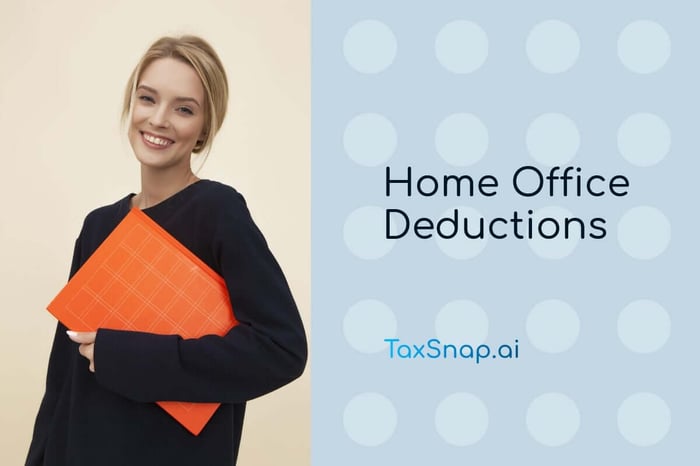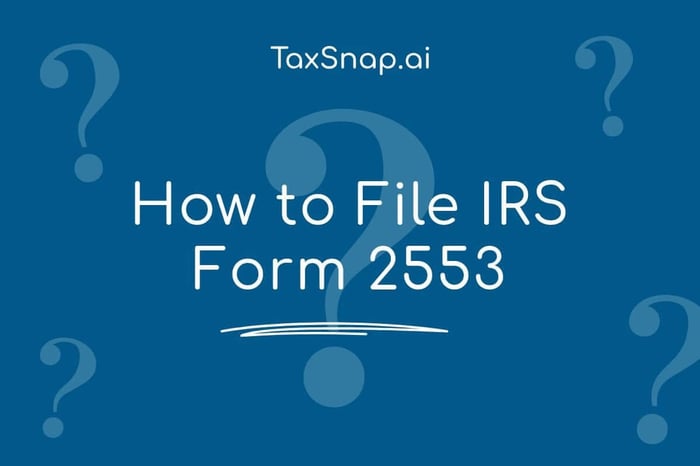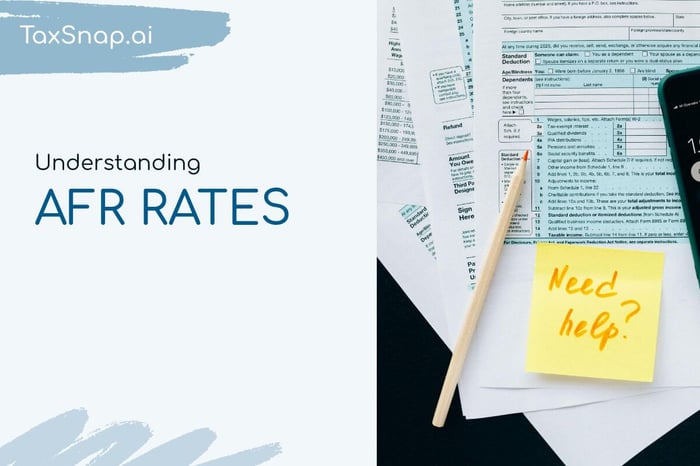Eligible individuals who dedicate part of their home for business-use may deduct certain expenses related to that use through the home office deduction. It is a beneficial tax benefit for the self-employed or independent contractors.
Understanding the Home Office Deduction For the Self-Employed
The home office deduction is desirable and valuable, but it comes with strict requirements as outlined by the IRS. Its purpose and design is to give a tax break to the self-employed or a business owner, and when using a portion of the home within the IRS guidelines.
Eligibility Requirements for Those Who Work from Home
Consider the following:
- Regular and Exclusive Use: Rules state that you must regularly and exclusively use the particular portion of your home for business. The term "regular use" refers to frequent use and not just here and there. "Exclusive use" means used only for your business and not for any personal reasons. For example, if you use a space in your home as home office space, it will likely qualify, but if you use it as both an office and a guest room, it will not qualify.
- Principal Place of Business: This means that your home must be the "Principal Place of Business", and that you mainly conduct your trade of business there. This means it's the primary location used for business purposes, but you may conduct business at other places and still qualify. You must not have another fixed location where you conduct substantial amounts of business-related work.
Who Can Qualify for Home Office Tax Deductions?
Self-Employed Individuals: Those who operate a business by themselves, such as an independent contractor, self-employed person, S corp shareholder, etc. may claim the deduction.
Employees: Part of the Tax Cuts and Jobs Act (TCJA) instated in 2017, makes it so employees cannot take the home office deduction for tax years 2018 through 2025. In previous years this was a possible expense for an employee reimbursement, however, it is no longer available.
Expenses You Can Deduct
It is possible to deduct a portion of both direct and indirect expenses that you incur as a result of running your business from home.
Direct Expenses: These expenses are 100% deductible. Expenses such as repairs or maintenance, that are applicable only to your business space, qualify for the deduction.
Indirect Expenses: Expenses that involve maintaining or providing essentials for owning your home like utilities, homeowners insurance, real estate taxes, mortgage payment, or other such costs, are indirect as they are for the entire home, and are not fully deductible. You may only deduct a percentage of these expenses as they are not expenses that apply solely to your business.
Depreciation: You may depreciate the business portion of your home, which allows you to recover some of the cost of your home as it ages and loses value. One thing to consider is if you were to sell your home, you may need to recapture the depreciation claimed, resulting in being taxed on gains as ordinary income.
Calculate the Home Office Deduction: Simplified Method vs. Regular Method
The IRS offers two methods for calculating the home office deduction.
Simplified Option: The simplified option is easier to claim than the regular method. You may deduct the standard amount of $5 per square foot for the part of the home used for business -- up to 300 square feet. If you were to use all 300 square feet, the maximum deduction would be $1,500 per year. While this method is a simplified home office deduction, it does not allow you to deduct depreciation.
Regular Method: This is where you calculate the actual uses of your home office. You must determine the percentage of the home that you exclusively used for business by dividing the square footage of your office by the total square footage of your home. A 250 square foot office in a 5,000 square foot home would be a 5% business use of the home. After determining the percentage used, you would apply that percentage to your indirect expenses. If your actual expenses are high, the regular method can result in a larger deduction, however, you must keep more detailed records from your personal and business expenses.
Limitations and Carryovers
Be aware that you cannot use the deduction to create a loss for your business -- it is limited to the total income you earn from using part of your home for business. But, if your deductions are greater than your business income, you may use the extra deductions in the next tax year, keeping in mind that the same income limits will still apply.
Record Keeping
Keeping track of all home expenses related to the business use of your home will assist you in being able to justify that you claim the deduction. Know where your records are that state expenses such as utilities, property taxes, mortgage payments, etc. This is all crucial as the IRS often pays attention to those who claim this particular deduction.



